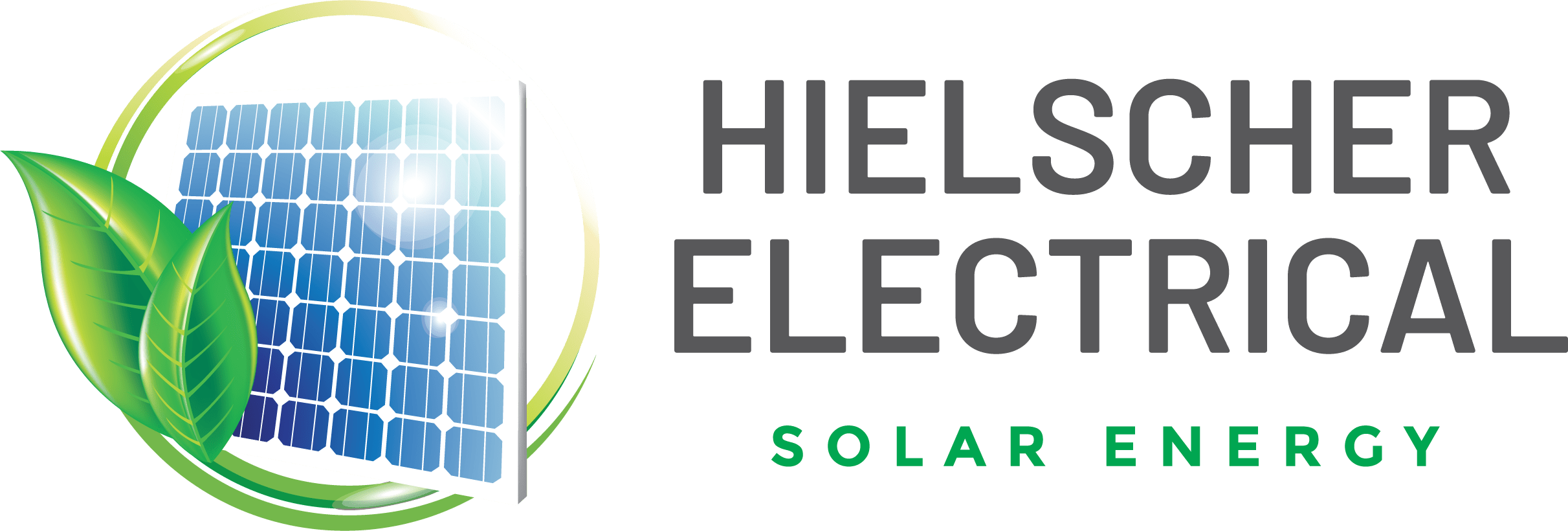Some solar power owners are situated in areas—rural, metro or regional, that are prone to Cairns flood events and Queensland thunder storms. It’s important therefore for Cairns homeowners with rooftop solar power systems to learn more about solar system safety prior to, during and after a Cairns flooding event.
When you have roof top solar panels installed on your home in Cairns, it’s important to remember that your solar panels will continue generate solar power even when electricity from the main grid is disconnected. As such, the solar power system can sometimes become a major electrical safety risk to you and the emergency crews during or in the aftermath of a severe storm or a Cairns flood event.
So, what to do?
Preparing for a Flooding Event
If you’re preparing for a possible flood and have received a warning to vacate your house, there are some precautionary measures you must take to protect your household and property.
Grid-connected solar systems
When planning for a flood event, it’s crucial to have and understand the right procedure for shutting down your solar system.
Information about shutdown procedure should be easily accessible if not at your fingertips and clearly marked on your meter box, inverter or main switchboard—well documented by your solar installer.
General guide to the shutdown procedure when leaving your property:
- Switch off the solar inverter AC mains isolator (“solar supply mains switch”) in the meter box.
- Switch off the normal supply main switch found in the meter box.
- Turn off the DC isolator of the solar or battery array usually adjacent to the inverter.
NOTE: Do not try to turn off wet switches. And when you’ve been asked to leave your property, evacuate immediately.
- If you choose to remain in your home during the flooding event and rely on electricity from the main grid, then be sure to switch off the inverter AC main isolator before turning off the DC isolator usually adjacent to the inverter.
- In case there’s a possibility of flood waters reaching your rooftop, remember to turn off the rooftop DC isolator adjacent to your solar panels.
- Remaining atop your roof is risky in most cases, and if the rain is already pounding, there are higher chances for slip and electrical hazards. As such, you should consider taking this step way before the flood event and possibly it should be carried out by a skilled professional.
- If you’re doubtful about the proper shutdown procedure for your system, call Hielscher Electrical for help or direction.
Stand-alone systems
If you own a standalone solar power system with a battery storage unit that should also be disconnected, follow the steps below to shutdown the standalone solar + home battery system:
- Switch off the solar panel array
- Switch off the inverter
- Carefully follow the shutdown procedure for the storage battery to detach the battery bank
- Disable your generator so it doesn’t start in case it is automated.
Home storage battery systems can also be affected by floods and become a safety risk. For more information on flood emergency management plans, call your local emergency services.
During The Flood Event
A solar power system not shutdown can be an electrocution danger; hence it’s important to stay clear in case the system and its components like the inverter get submerged in Cairns flood waters. And this isn’t the time to make attempts to turn off the solar system.
After The Flood Event
- Upon returning to your property, don’t attempt to switch back on the solar system until it’s inspected and recommissioned by a Hielscher Electrical solar technician, an accredited Clean Energy Council solar installer or at minimum a certified electrician. They’ll ensure the system is safe and that switches and some of the solar system components don’t have moisture.
- If your inverter got submerged albeit partially, consider replacing it. If your solar system was damaged by a flood, any attempt to turn it on or operate switches could lead to fatal electric shocks. Get in touch with Hielscher Electrical Cairns, or an accredited installer to inspect and confirm it is safe.
- Solar equipment, components or wiring should be assessed to be safe before approach. Even when the solar power network supply is switched off, the wiring and solar system may be live; and as long as the sun is up and shining, the system will continue generating voltage.
- Any repairs to the system should be electrically safe before its recommissioning. Remember to have these checks done before the clean-up exercise starts around your home.
For more information about solar safety during a flood event, or you’d like some assistance putting together a safety procedure or plan, contact Hielscher Electrical and one of our friendly solar experts will assist you.
Image source: https://www.shutterstock.com/image-illustration/flooding-luxurious-interior-3d-creative-concept-191517686
Reference: https://www.cleanenergycouncil.org.au/consumers/natural-disasters-and-emergencies
How useful was this post?
Click on a star to rate it!
Average rating / 5. Vote count:
No votes so far! Be the first to rate this post.


